- Celebrating Kandy Esala Perahera
- Things to Do in Sri Lankan Monsoon
- Chennai to Sri Lanka Cruise
- Sri Lankan Cuisine
- Sinhala New Year
- Plan the Perfect Family Trip in Sri Lanka
- Wildlife in Sri Lanka
- Hidden Gems of Sri Lanka
- Famous Festivals in Sri Lanka
- The Buddhist History of Galle
- Water Sports in Galle For An Exhilarating Experience
- A Guide to Finding the Best Beaches in Galle
- Best Time to Visit Galle, Sri Lanka
- Happy Holidays? That’s So Sri Lanka!
- Only at OTP
- Sri Lankan Culture and Cuisine
- Botanik Travelogue
- 72 Hours On The South Coast: Island Romance
- A World of Wellness
- Twenty Reasons to Visit the South Coast of Sri Lanka in 2022
- Whale Watching in Sri Lanka
- Shopping For Food In Galle
- Things to do when you visit the OTP Hotel
- Discover Galle, the Old Town of Rich Architecture in Sri Lanka
- Destination Wedding in Galle, Sri Lanka
- Galle Fort: A Masterpiece of Dutch Colonialism
- Fall in Love with the Simplicity of Mihiripenna Beach
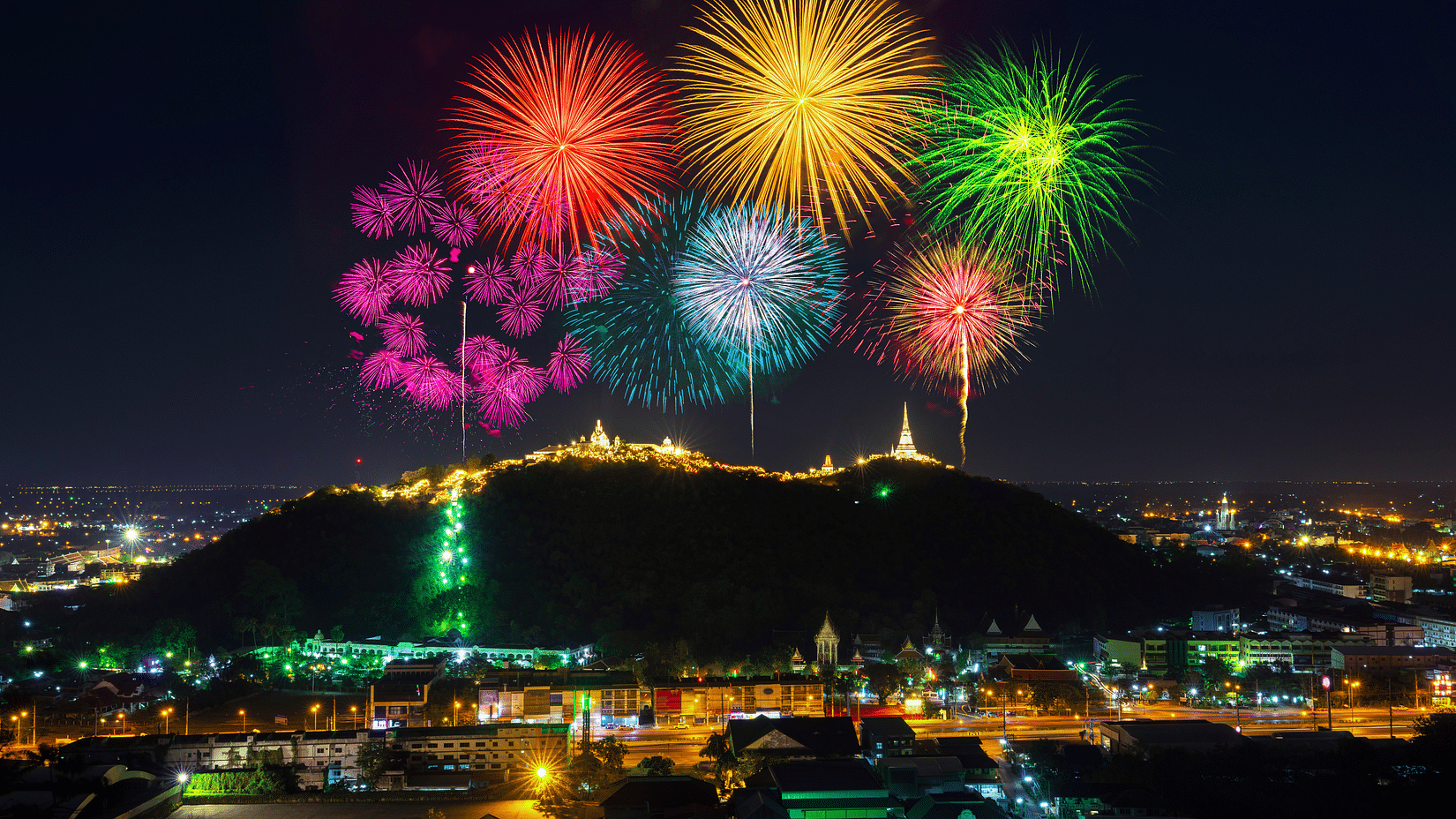
The Gregorian calendar has achieved universal acceptance. According to this calendar, New Year's Day is observed on the first of January in nearly every country in the world. While the majority of the world celebrates the new year on January 1st, Sri Lankans and Tamils observe the beginning of Aluth Avurudda (Sinhala for New Year) in April, an occasion which is observed in a beautiful modest way with the most alluring traditions.
The Sri Lankan New Year, which marks the conclusion of the previous year and the beginning of the new one, is often referred to as the "Sinhala and Tamil New Year", as it is observed by both Tamil Hindus and Sinhalese Buddhists. The shift from March to April is marked by the celebration of the Sri Lankan New Year on April 13 and 14, which is the biggest celebration in Sri Lanka. The Sinhala calendar states that Sri Lankans start celebrating "Aluth Avurudda" (also known as "Puththandu'' in Tamil) in the month of Bak, when the sun shifts from Pisces to Aries. The Sanskrit word "Bhagya'', which means "lucky", is where the name "Bak" originates.
The Aluth Avurudda represents social rituals and the reaping of the harvest, particularly in the farming community. The farmers express gratitude for the occasion after the Maha, or grand, harvest. These traditions and practices reflect the values and ideas of the members of Sri Lanka’s farming community. The New Year's celebration in Sri Lanka has its origins in the country's ancient past and is said to have been influenced by the Indian festival of Baisakhi.
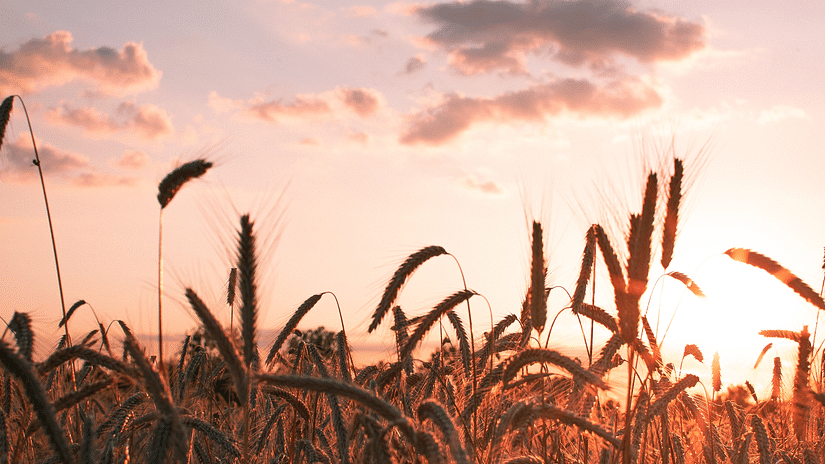
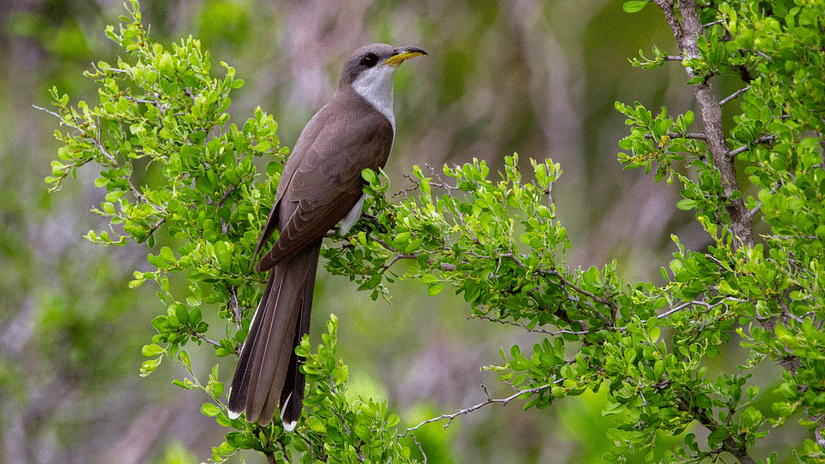
The 'koha' (cuckoo) birds are believed to begin chirping closer to the Sinhala New Year, signalling that it is time for everyone to gather to celebrate. The exchange of customary presents, or "Avurudu Kahawanu", is a significant component of the Sri Lankan New Year. These presents, which are typically distributed between friends and family members as a sign of affection and well wishes for the next year, consist of fruits, sweets and new attire.
In Sri Lanka, food plays a big part in new year's celebrations. The focal point of any home is a large table covered in Kiribath, bananas and traditional sweets like kavum, kokis, thalaguli, aggala, aasmi, aluwa and many others. Families get together in the evening to have a special meal while dancing and enjoying the music. Cow dung and saffron water are used to decorate the area in front of the residence. With raw white rice flour, a decorative pattern called "Kolam" is created. A new pot is used to cook the "Pongal" and the fireplace is constructed slightly facing the East. The woman of the house lights the lamps and the head of the household arranges the Mangala Kumbam (auspicious pot).
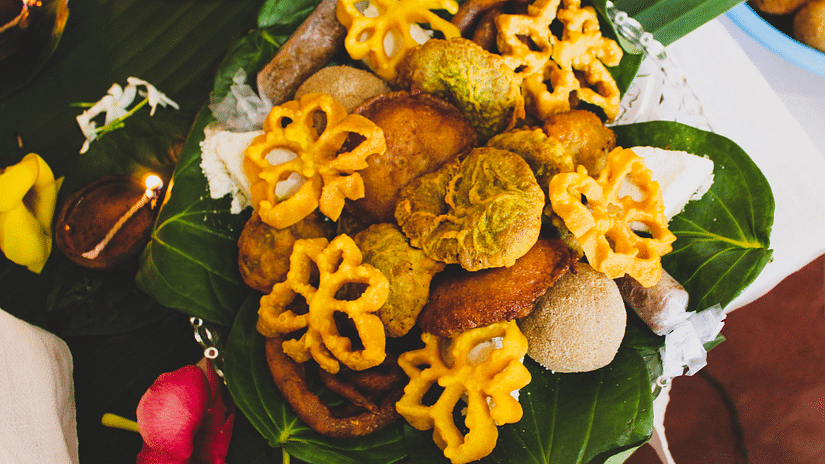
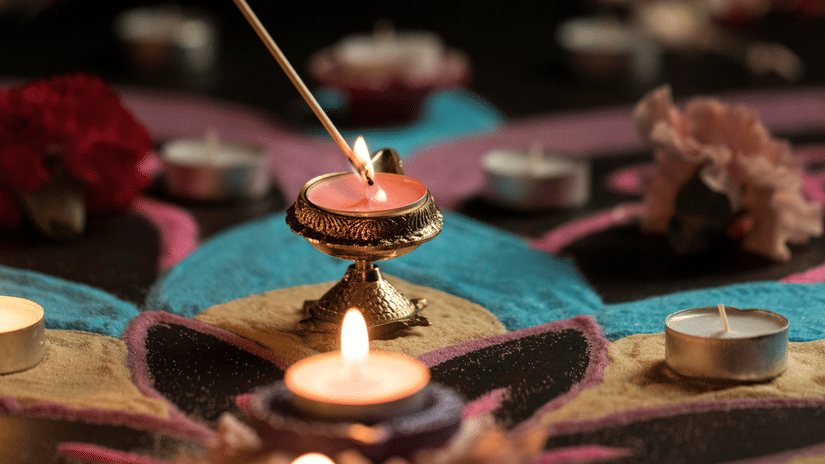
In Sri Lanka, the New Year is also marked by a number of religious and cultural customs, such as the lighting of oil lamps, the presenting of food and flowers to the gods and the customary oil bath. This ritual bath represents purification and is thought to bring luck and wealth for the upcoming year. The tradition of giving betel leaves to parents and elders represents the expression of gratitude. The parents then bestow their blessings on the kids. During the holiday season, friends and family members exhibit a sense of kindness and friendship.
Along with the customary festivities, the Sri Lankan New Year celebrations are marked by a number of events and performances, including drumming and dance, traditional theatre, games and fireworks. The majority of Sri Lankan women play the board games Olinda Keliya and Pancha Demima, which require two or more players. Every object used in these games is organic. For instance, the wooden game boards use seashells and plant seeds as game pieces. Visitors have the chance to explore Sri Lankan culture and traditions during these celebrations of the nation's rich cultural history.

The Sri Lankan New Year is a must-attend celebration due to its rich cultural heritage, delectable cuisine and customary ceremonies. Sinhalese New Year is likely to be a memorable event, whether you're interested in the traditional aspects of the celebration or merely want to enjoy the vibrant atmosphere. Owl and the Pussycat Hotel in Galle, Sri Lanka, is one of the best hotels in Galle and a dream destination for anyone who wants to unwind, swim and savour the exotic tropical flavours by the ocean. It is the perfect place to stay if you want to enjoy Sri Lankan New Year with the utmost comfort and tranquillity.

